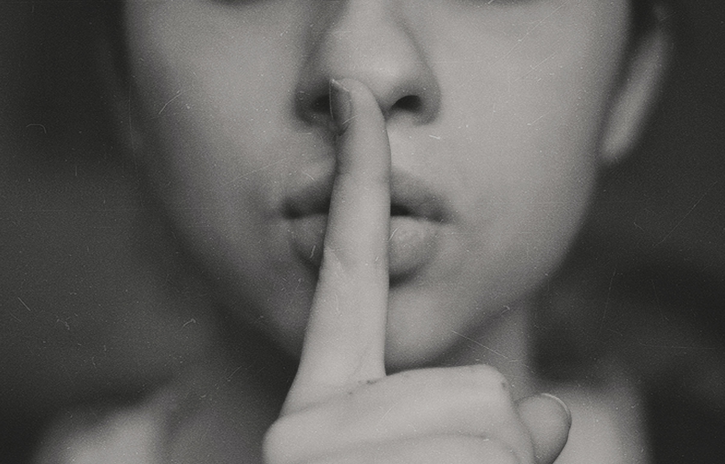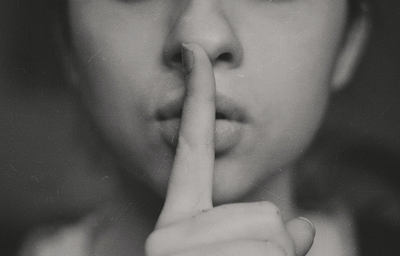Growing up, I’ve always been described as a quiet person. In school I remained quiet in class, only speaking when called upon never out of turn. Adults praised me for being quiet and obedient and always being a well-mannered child. Occasionally kids would question me, confused as to why I was always so silent. As a child my quietness came naturally to me, I was not afraid to speak, and if I had something to say I would say it. But as I became older and grew to have my own voice, the quiet perception of me continued to linger.
To start, I want to say there is nothing wrong with people who are naturally more inclined to being quiet. However, the assumptions that I have encountered with such a title are ones that suggest indifference, complacency, and un-opinionated. The reality is, I am none of those things. The first time I can recall the feeling of being completely outspoken was in tenth grade when I gave a presentation advocating for human rights such as marriage equality and abortion rights. For the most part, my thoughts strictly stayed in my head or on the page for my teachers to read. I had these conversations amongst my friends but we were all on the same page, all this to say these thoughts existed in comfortable spaces.
But in my class, I knew most of my peers held ignorant views on the subject manner and the impending push-back made me quite nervous. However, I knew that if I did not say my truth that in the end, I would have been the one suffering. In the end, I did receive push-back from some of my peers as I had expected. Yet, I was able to combat it and at the end of the day, I lived through it still remaining true to my beliefs.
At some point in our lives, we’ve experienced the anxiety around talking. Whether we have been afraid to give a presentation in front of a class or to tell someone something pressing. But what happens when those conversions become more complex? What do you do in the face of conversations about racism, homophobia, and sexism? What happens when those conversations are between the ones you are closest to?
For some people, they believe silence is the solution. They think if they simply don’t address the issues at hand that no harm will be done. They believe their silence will protect them. But the issue at hand is that marginalized people don’t have the luxury of silence as comfort. When we remain silent in situations of injustice we are upholding the actions of the oppressor. For that reason alone, I cannot remain silent. Because what good does silence do to solve issues of inequality?
And as Audre Lorde states in her piece, “The Transformation of Silence into Language and Action,” “your silence will not protect you.” While you have remained silent in hopes of sparing yourself from scorn and judgment, the structural inequalities of society still exist. Just because you have decided to remain silent, doesn’t mean that the narratives of oppression have decided to as well.
That’s not to say that speaking up is easy or that you shouldn’t be afraid, especially if the topic is daunting. However, in the time you waste, afraid of being scrutinized chances are you’ve probably already experienced it in other parts of your life to some capacity. Therefore, we should strive to make ourselves comfortable with the uncomfortable. Because our silence at the expense of someone else’s freedom doesn’t do anyone any good.
My words do not do Lorde’s justice and so I highly suggest that you read the piece for yourself. However, Lorde has taught me that what I believe to be important must be made verbal even if it is at the expense of having my words bruised or misunderstood. As morbid as it may sound, we are all going to die one day. So one has to decide whether you silence yourself or you let death do it for you.



